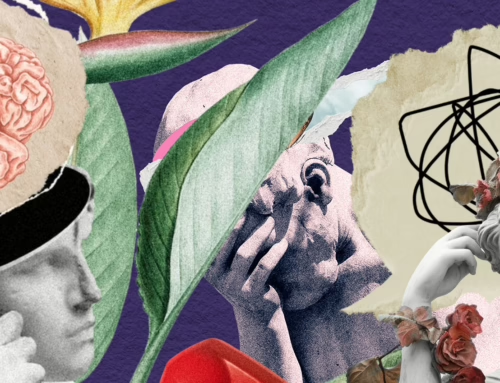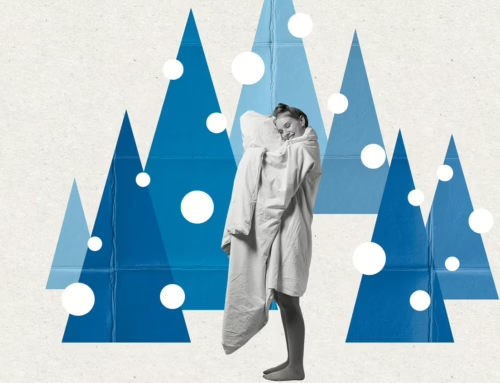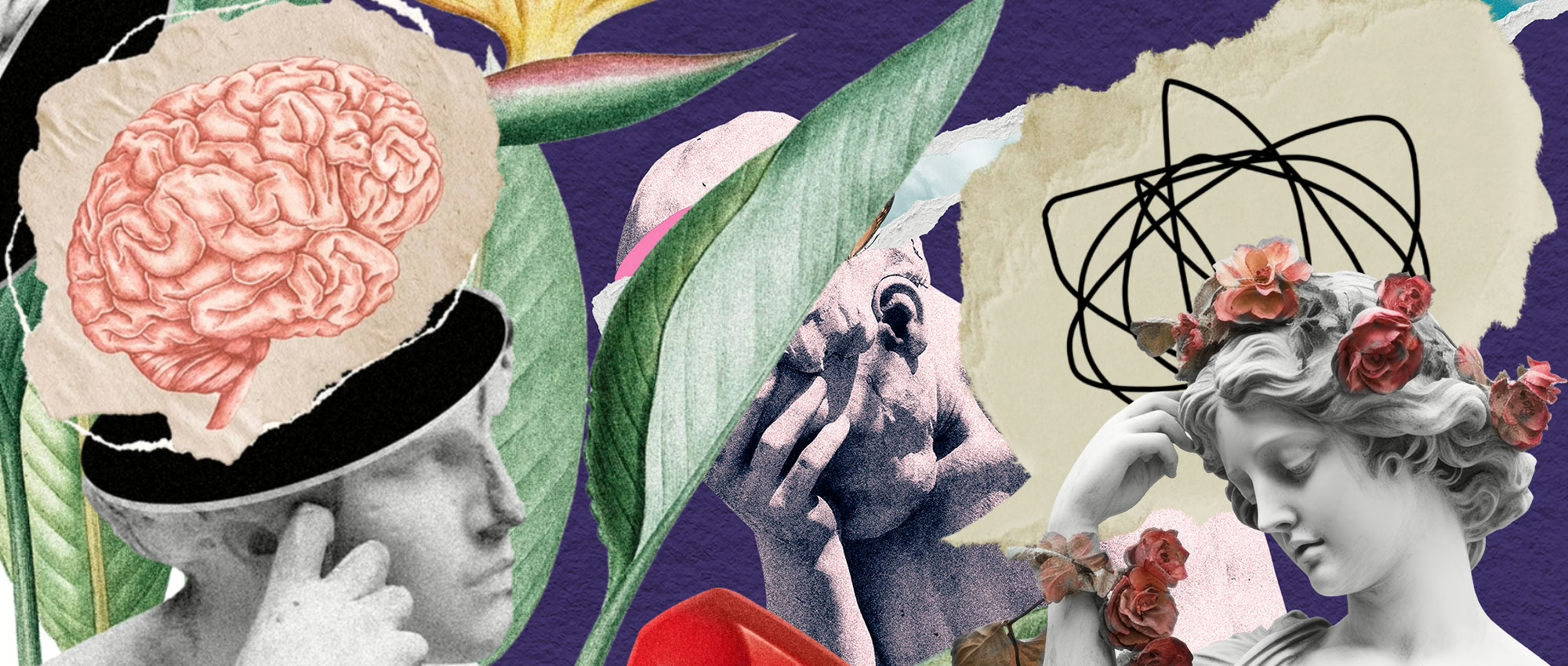Anxiety Signs and How to Cope
Let me share a story that might resonate with many of you. Imagine a person named Emma, who, like all of us, was caught in the whirlwind of life. She had a vivid imagination, a quality that often served her well, but sometimes, it led her down a treacherous path. One day, Emma received an email from her boss requesting a meeting the next morning. Immediately, her mind started racing, crafting a worst-case scenario where she’d be reprimanded or even fired.
Anxiety gripped her tightly as she spent the evening tossing and turning, unable to sleep. She pictured her life unraveling, her finances collapsing, and her career in shambles. The morning came, and she entered her boss’s office, heart pounding and palms sweaty, ready to face the impending doom. To her surprise, the meeting was about a new project, one where her skills were needed and appreciated.
Mark Twain’s words, “I’ve had a lot of worries in my life, most of which never happened,” perfectly encapsulate Emma’s experience. Like her, many of us tend to let our imaginations run wild, conjuring up catastrophe from the slightest hint of uncertainty. Our brains, wired to protect us, often take this route to ensure our safety, but in the modern world, it can lead to debilitating anxiety.
Signs and Symptoms of Anxiety:
- Excessive Worrying: Anxiety often involves constant and overwhelming worry about various aspects of life, even the smallest details.
- Physical Symptoms: Anxiety can manifest physically, with symptoms like rapid heart rate, muscle tension, sweating, and trembling.
- Restlessness: An inability to relax or sit still, accompanied by a feeling of being constantly on edge, is a common sign of anxiety.
- Difficulty Concentrating: Anxiety can make it challenging to focus on tasks, leading to reduced productivity and increased stress.
- Irritability: People with anxiety may become irritable or easily agitated, making it difficult to maintain healthy relationships.
- Sleep Disturbances: Insomnia or disrupted sleep patterns are often linked to anxiety, exacerbating the cycle of worry.
Coping Tips for Managing Anxiety:
- Mindfulness Meditation: Practice mindfulness to cultivate awareness of the present moment. Techniques like deep breathing and guided meditations can help you stay grounded.
- Challenge Negative Thoughts: Recognize and challenge irrational or negative thoughts. Ask yourself if your worries are based on reality, and if not, reframe them in a more positive light.
- Regular Exercise: Physical activity releases endorphins, which can improve your mood and reduce anxiety. Find an exercise routine that suits your preferences.
- Healthy Lifestyle: Prioritize a balanced diet, adequate sleep, and reduced caffeine and alcohol intake, as they can contribute to anxiety.
- Seek Professional Help: Don’t hesitate to consult a mental health therapist like myself if anxiety persists. Therapy can provide valuable tools and support.
- Create a Relaxation Routine: Establish calming routines in your daily life, such as reading, taking baths, or listening to soothing music.
Remember that anxiety is a common human experience, and you are not alone in facing it. By embracing Mark Twain’s wisdom and staying present, you can break free from the cycle of worry. Practice self-compassion and seek help when needed. With the right tools and support, you can find peace and navigate the journey of life with greater resilience and calm.
Anxiety Signs and How to Cope
Let me share a story that might resonate with many of you. Imagine a person named Emma, who, like all of us, was caught in the whirlwind of life. She had a vivid imagination, a quality that often served her well, but sometimes, it led her down a treacherous path. One day, Emma received an email from her boss requesting a meeting the next morning. Immediately, her mind started racing, crafting a worst-case scenario where she’d be reprimanded or even fired.
Anxiety gripped her tightly as she spent the evening tossing and turning, unable to sleep. She pictured her life unraveling, her finances collapsing, and her career in shambles. The morning came, and she entered her boss’s office, heart pounding and palms sweaty, ready to face the impending doom. To her surprise, the meeting was about a new project, one where her skills were needed and appreciated.
Mark Twain’s words, “I’ve had a lot of worries in my life, most of which never happened,” perfectly encapsulate Emma’s experience. Like her, many of us tend to let our imaginations run wild, conjuring up catastrophe from the slightest hint of uncertainty. Our brains, wired to protect us, often take this route to ensure our safety, but in the modern world, it can lead to debilitating anxiety.
Signs and Symptoms of Anxiety:
- Excessive Worrying: Anxiety often involves constant and overwhelming worry about various aspects of life, even the smallest details.
- Physical Symptoms: Anxiety can manifest physically, with symptoms like rapid heart rate, muscle tension, sweating, and trembling.
- Restlessness: An inability to relax or sit still, accompanied by a feeling of being constantly on edge, is a common sign of anxiety.
- Difficulty Concentrating: Anxiety can make it challenging to focus on tasks, leading to reduced productivity and increased stress.
- Irritability: People with anxiety may become irritable or easily agitated, making it difficult to maintain healthy relationships.
- Sleep Disturbances: Insomnia or disrupted sleep patterns are often linked to anxiety, exacerbating the cycle of worry.
Coping Tips for Managing Anxiety:
- Mindfulness Meditation: Practice mindfulness to cultivate awareness of the present moment. Techniques like deep breathing and guided meditations can help you stay grounded.
- Challenge Negative Thoughts: Recognize and challenge irrational or negative thoughts. Ask yourself if your worries are based on reality, and if not, reframe them in a more positive light.
- Regular Exercise: Physical activity releases endorphins, which can improve your mood and reduce anxiety. Find an exercise routine that suits your preferences.
- Healthy Lifestyle: Prioritize a balanced diet, adequate sleep, and reduced caffeine and alcohol intake, as they can contribute to anxiety.
- Seek Professional Help: Don’t hesitate to consult a mental health therapist like myself if anxiety persists. Therapy can provide valuable tools and support.
- Create a Relaxation Routine: Establish calming routines in your daily life, such as reading, taking baths, or listening to soothing music.
Remember that anxiety is a common human experience, and you are not alone in facing it. By embracing Mark Twain’s wisdom and staying present, you can break free from the cycle of worry. Practice self-compassion and seek help when needed. With the right tools and support, you can find peace and navigate the journey of life with greater resilience and calm.




